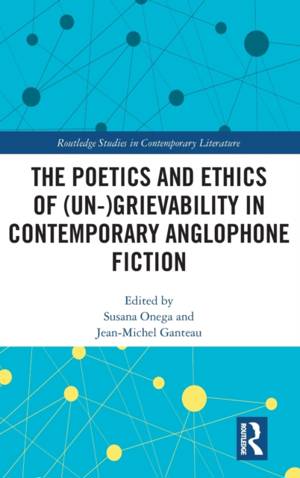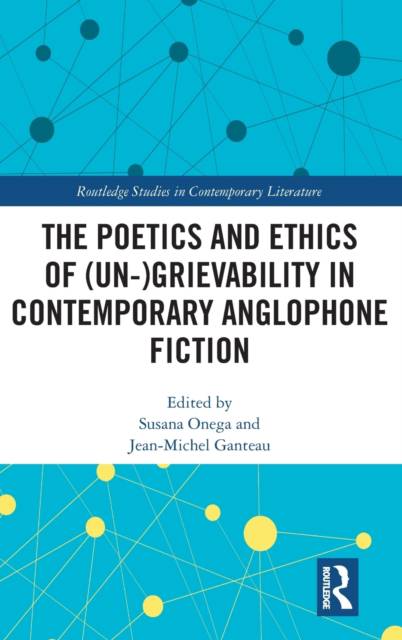
- Afhalen na 1 uur in een winkel met voorraad
- Gratis thuislevering in België vanaf € 30
- Ruim aanbod met 7 miljoen producten
- Afhalen na 1 uur in een winkel met voorraad
- Gratis thuislevering in België vanaf € 30
- Ruim aanbod met 7 miljoen producten
The Poetics and Ethics of (Un-)Grievability in Contemporary Anglophone Fiction
Omschrijving
The working hypothesis of the book is that, since the 1990s, an increasing number of Anglophone fictions are responding to the new ethical and political demands arising out of the facts of war, exclusion, climate change, contagion, posthumanism and other central issues of our post-trauma age by adapting the conventions of traditional forms of expressing grievability, such as elegy, testimony or (pseudo-)autobiography. Situating themselves in the wake of Judith Butler's work on (un-)grievablability, the essays collected in this volume seek to cast new light on these issues by delving into the socio-cultural constructions of grievability and other types of vulnerabilities, invisibilities and inaudibilities linked with the neglect and/or abuse of non-normative individuals and submerged groups that have been framed as disposable, exploitable and/or unmournable by such determinant factors as sex, gender, ethnic origin, health, etc., thereby refining and displacing the category of subalternity associated with the poetics of postmodernism.
Specificaties
Betrokkenen
- Uitgeverij:
Inhoud
- Aantal bladzijden:
- 230
- Taal:
- Engels
- Reeks:
Eigenschappen
- Productcode (EAN):
- 9781032389752
- Verschijningsdatum:
- 27/12/2022
- Uitvoering:
- Hardcover
- Formaat:
- Genaaid
- Afmetingen:
- 152 mm x 229 mm
- Gewicht:
- 494 g

Alleen bij Standaard Boekhandel
Beoordelingen
We publiceren alleen reviews die voldoen aan de voorwaarden voor reviews. Bekijk onze voorwaarden voor reviews.








